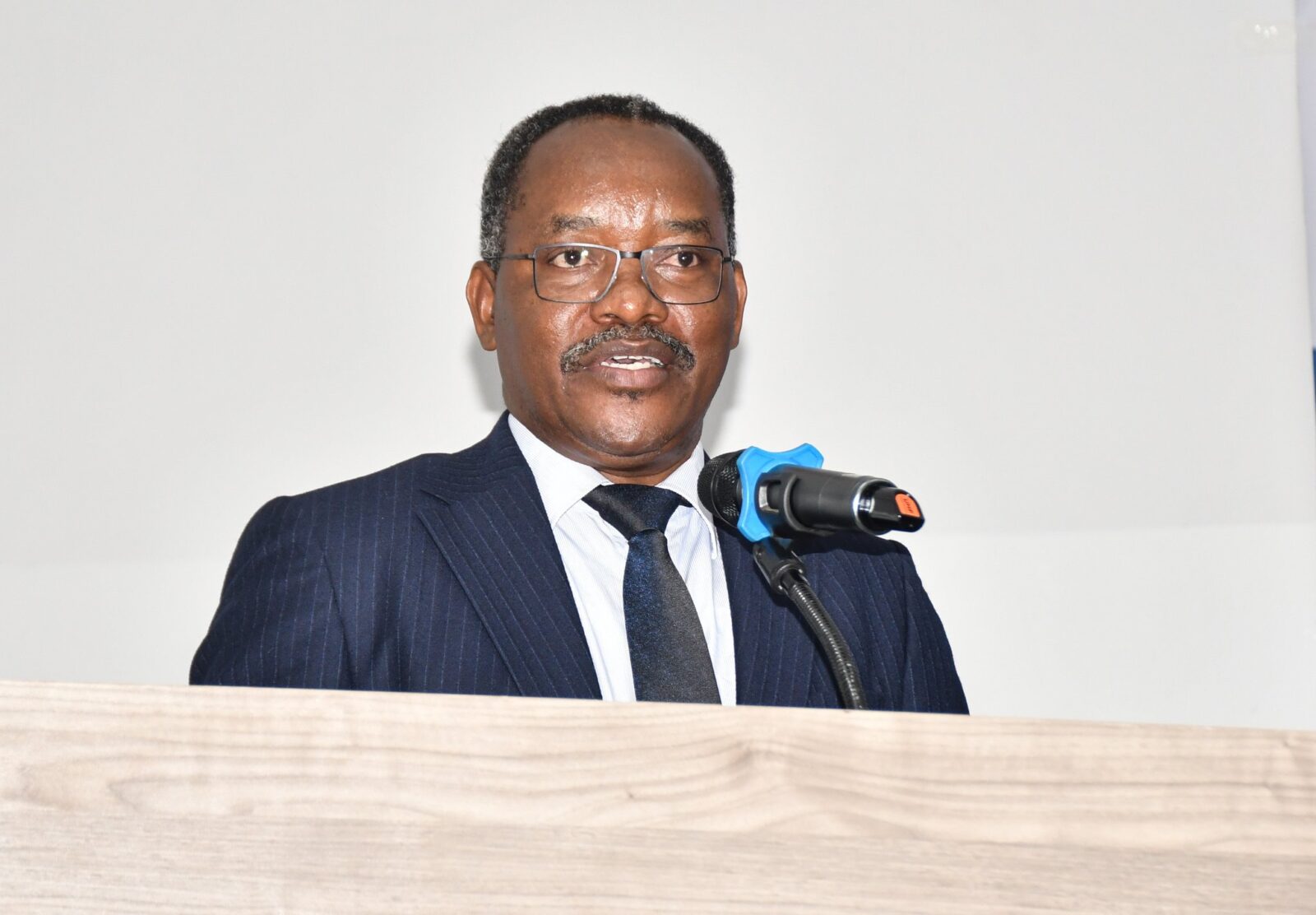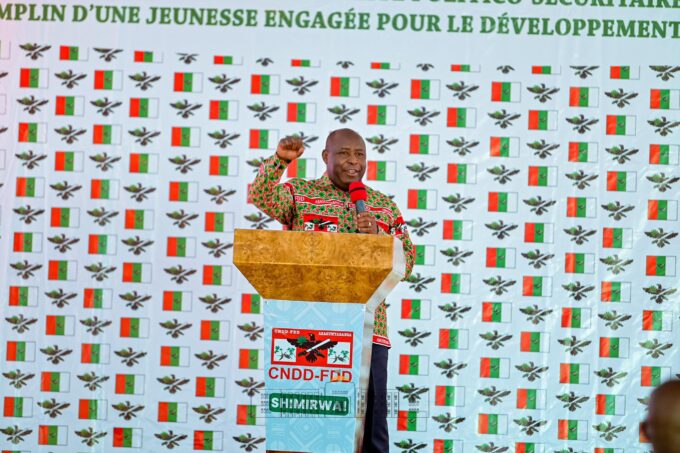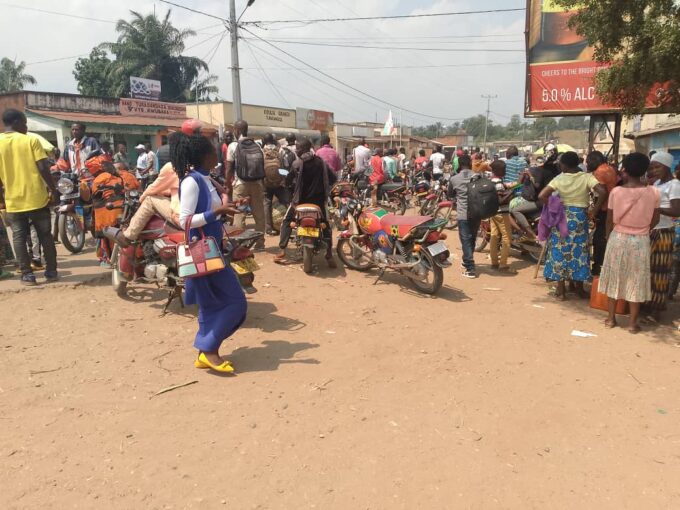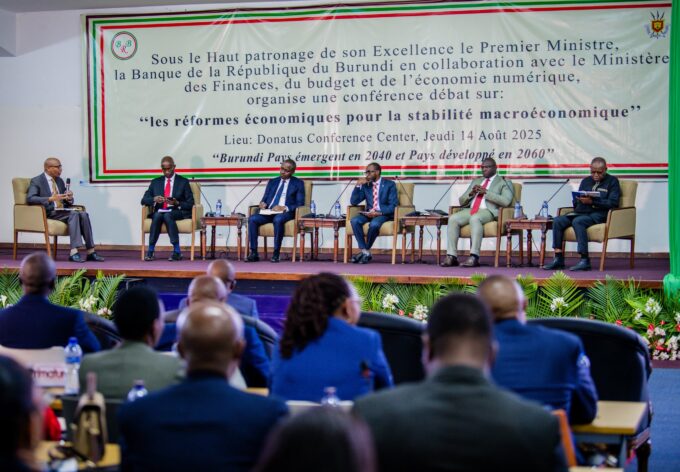The recent directive by Burundi’s Finance Minister Audace Niyonzima, suspending all new non-essential expenditures to align spending with available resources, has drawn praise from some citizens while raising questions among others about its implementation and impact on the nation’s economy.
Residents of Burundi’s economic capital Bujumbura have expressed cautious support for the measure, which comes amid a deepening socio-economic crisis. One resident told BREAKING BURUNDI: “The minister’s directive lacks clarity on which sectors should be prioritized. Its effectiveness depends on how well priorities are defined.” Another citizen highlighted the need to focus on reducing the soaring prices of essential goods, which have strained household budgets for months.
Meanwhile, a resident in Makamba Southern Province warned that the lack of transparency regarding each ministry’s priorities might worsen the economic situation, emphasizing that, “when the budget is approved, it reflects analyzed priorities. With the current cost-of-living crisis, we need clarity on these priorities.”
Prominent opponent from Sahwanya FRODEBU party Léonce Ngendakumana has also criticized the unilateral nature of the decision, arguing that such measures should undergo parliamentary scrutiny. “The budget reflects specific programs tied to allocated figures, not just numbers. The minister’s directive bypasses this process, which is outside his competence,” the former president of Burundi’s National Assembly said, warning that the move could create additional difficulties for both the government and citizens.
The directive follows alarming revelations by Minister Niyonzima about a fiscal loss of over 110 billion Burundian francs at Burundi revenue authority (OBR) during the first four months of the 2024–2025 fiscal year. Speaking during Taxpayer’s Day in Bujumbura, he attributed the losses to corruption, foreign currency shortages, and tax evasion. “If this trend continues, Burundi risks failing to achieve its national vision,” the minister warned.
As the country grapples with economic instability, citizens and political leaders alike are urging greater transparency and collaboration to ensure that fiscal policies yield tangible benefits for the population.








Leave a comment